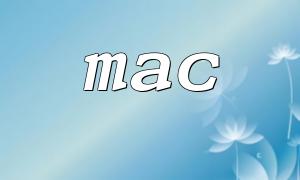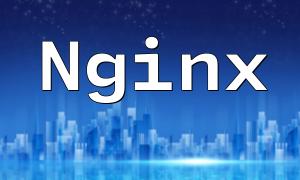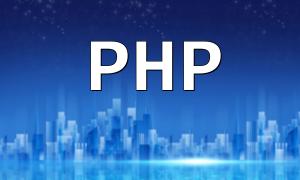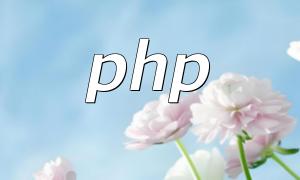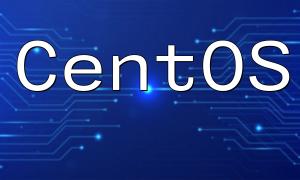As web applications become more complex, developers are increasingly relying on PHP frameworks to improve development efficiency and code quality. PHP frameworks provide a structured toolset that helps developers quickly build powerful and maintainable web applications.
A PHP framework is a powerful development toolset designed to create and manage PHP applications. It offers a series of optimized libraries and tools following best practices to simplify the development process. By using a framework, developers can quickly accomplish common tasks like routing, database operations, and form handling.
A typical PHP framework usually includes the following key components:
Core Components: These are the fundamental functionalities that provide the basic tools and libraries needed to start a project.
Routing System: Routes user requests to the correct controllers and methods through URL mapping.
ORM (Object-Relational Mapping): Simplifies database operations, allowing developers to interact with databases through objects rather than complex SQL statements.
Template Engine: Separates front-end and back-end logic, making the development process more modular and enhancing collaboration between front-end and back-end developers.
Using a PHP framework offers numerous advantages, especially when developing large applications.
PHP frameworks can significantly speed up development. Developers do not have to start from scratch for basic functionality but can instead leverage the ready-made tools and modules provided by the framework. For example, in Laravel, developers can quickly define routes and controllers, saving considerable development time. Here is a simple example of routing in Laravel:
// Define a simple route
Route::get('/users', 'UserController@index');
PHP frameworks often follow clear design patterns, such as the MVC pattern, making the code structure more organized. This clarity reduces errors and facilitates smooth collaboration within a team, making maintenance and future expansion easier.
Modern PHP frameworks often come with built-in security features that protect against common security threats like SQL injection, Cross-Site Request Forgery (CSRF), and Cross-Site Scripting (XSS). For example, in Laravel, developers can use a built-in function to generate CSRF tokens, ensuring form security:
// Generate a CSRF token
{{ csrf_field() }}
Popular PHP frameworks typically have strong community support and comprehensive documentation. This allows developers to quickly find solutions, tutorials, or plugins, reducing the learning curve and accelerating development.
There are many PHP frameworks to choose from, each with its own unique benefits:
Laravel: A modern MVC framework with elegant syntax and a rich set of features, suitable for all kinds of web applications.
Symfony: A flexible framework ideal for building large and complex enterprise-level applications.
CodeIgniter: A lightweight framework perfect for rapid development and small projects.
Yii: A high-performance framework suitable for building web applications that require fast performance.
Whether you're a beginner or an experienced PHP developer, using a PHP framework can significantly improve development efficiency, enhance code maintainability, and ensure application security. As technology evolves, choosing the right PHP framework will have a direct impact on the success of your projects. In the future, PHP frameworks will continue to innovate, providing developers with even more powerful features and support.
